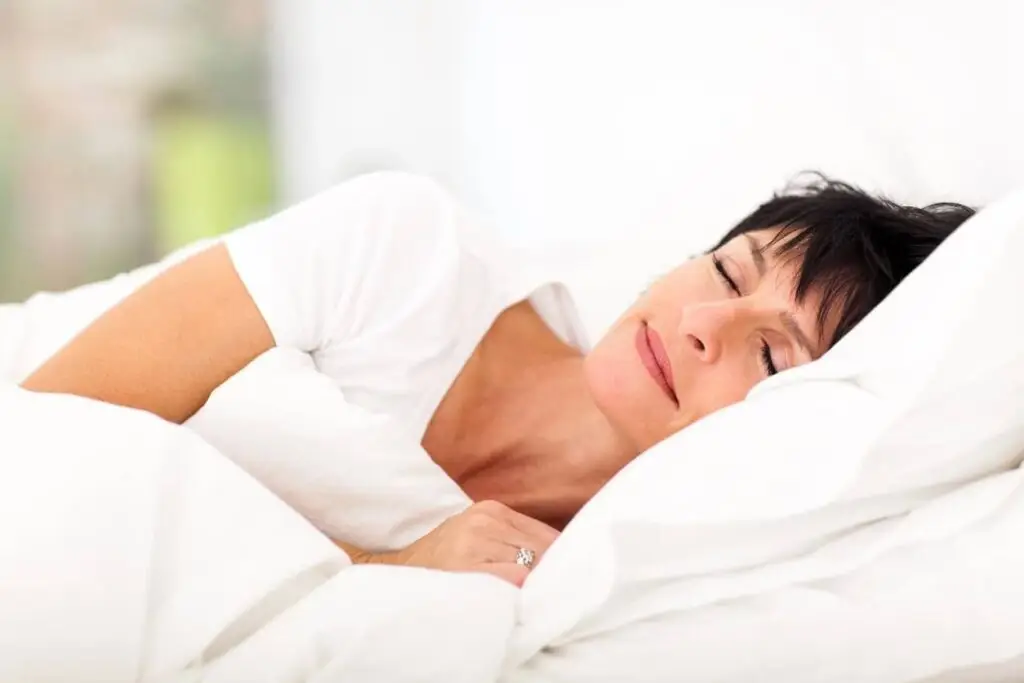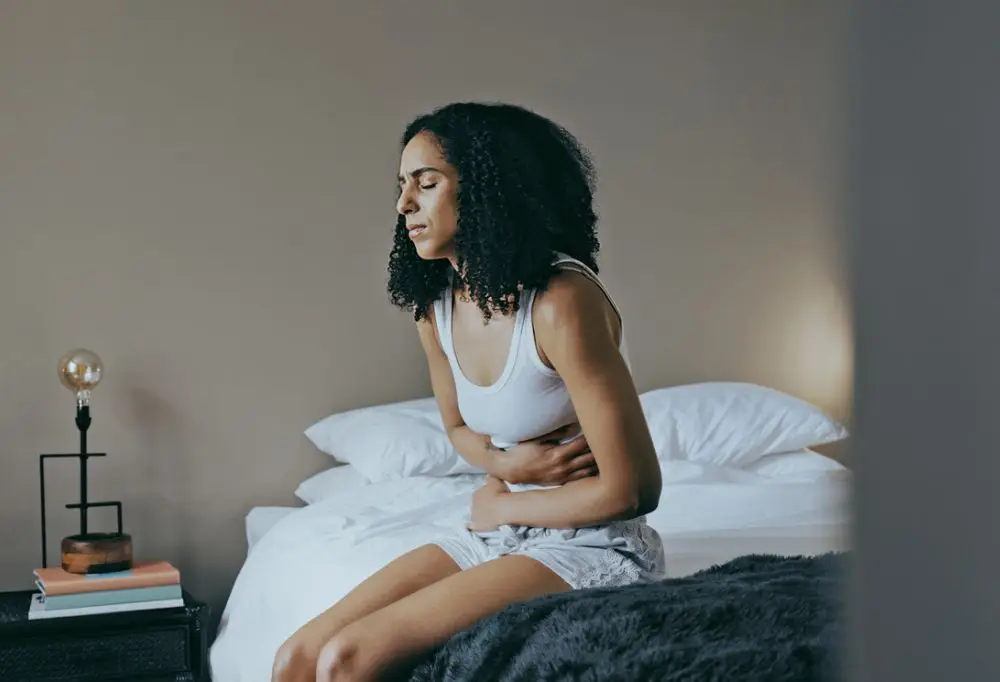Reviewed by Kimberly Cabe, FNP-BC of Forum Health Rochester Hills
Getting a good night’s rest is important to your health, but the changes of menopause can make it easier said than done. Hot flashes and night sweats often keep menopausal women up all night, leading many to seek relief with hormone replacement therapy.
Sleeplessness is one of the most common complaints for menopausal women and results from reduced levels in the hormones progesterone and estrogen. The National Sleep Foundation estimates that about 61 percent of women will experience sleep difficulties during menopause.
Though hormone replacement therapy is seen as the gold standard in alleviating the night sweats and hot flashes that keep women awake during menopause, there are many other strategies that may help you as well. If you’re ready to get back to sleep during anti-aging therapy, give these tips a try:
- Keep cool. Fans and a great A/C system can help you stay cool during a hot flash, as can wearing breathable clothing to bed. Be sure your pajamas fit loosely—the best materials tend to be cotton and other natural fibers.
- Set a schedule. If you go to sleep and wake up at the same times every day, your body will adjust to the schedule, which can be a big help in sleeping well. Don’t try to force yourself to sleep when restless, though—if you can’t nod off in about 15 minutes, try doing something relaxing and making another attempt to hit the hay when you feel tired again.
- Be careful what you eat (and drink). Spicy foods can cause sweating and should be avoided, especially before you head to bed. Eating anything just before bed can lead to discomfort, so you should try to get to sleep at least a couple hours after eating. You’ll also want to avoid substances like caffeine, nicotine and alcohol, which can all disrupt your sleep patterns. Drinking too much of anything before bed can interrupt sleep by forcing you out of bed and into the bathroom at night.
- Make your bedroom a sleep sanctuary. Try to optimize your bedroom for its primary purpose: sleep. Keep things dark and quiet and make sure there isn’t anything that may distract you from rest. The qualities that make your room perfect for sleep will depend on your preferences, so do your best to create an environment that meets your personal needs.
Sleeplessness can make the changes of menopause even harder, but you can keep your body’s sleep patterns on track with hormone replacement therapy and some of these comfort strategies.
Find a Forum Health Clinic nearby and schedule a consultation today!






